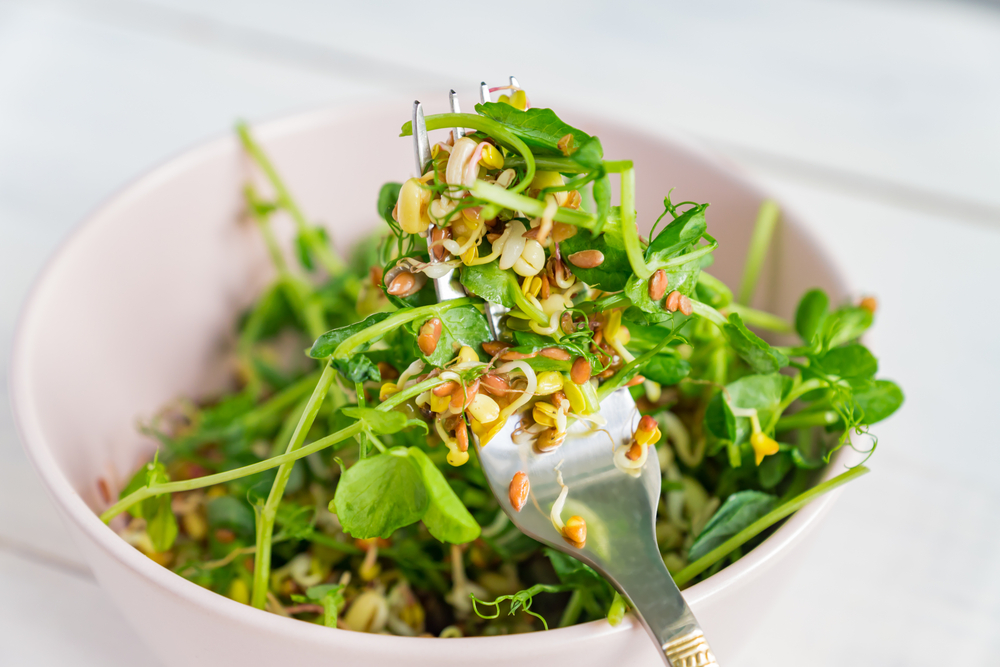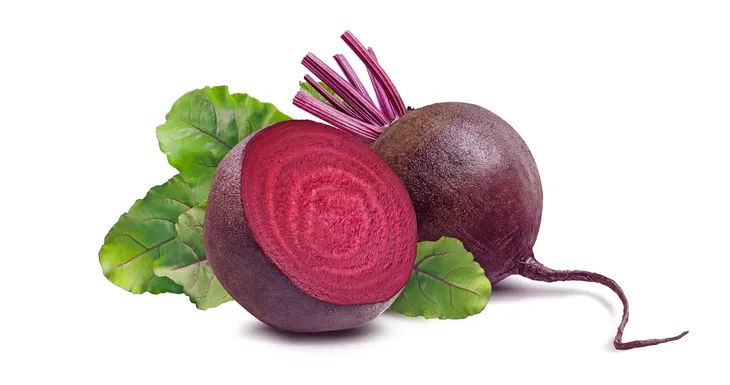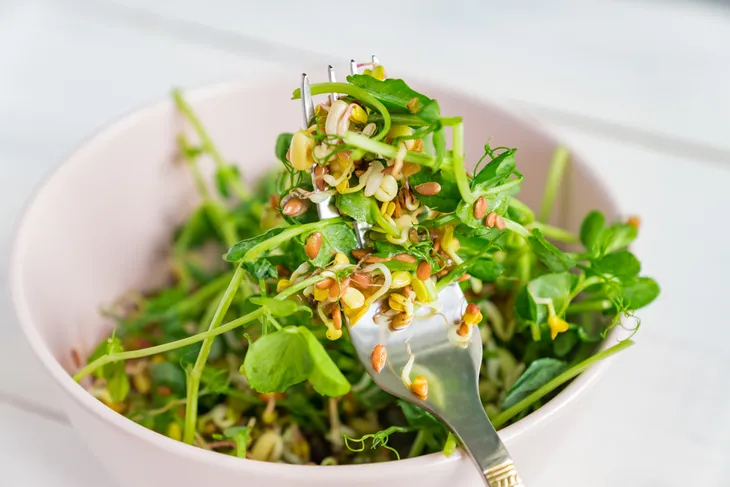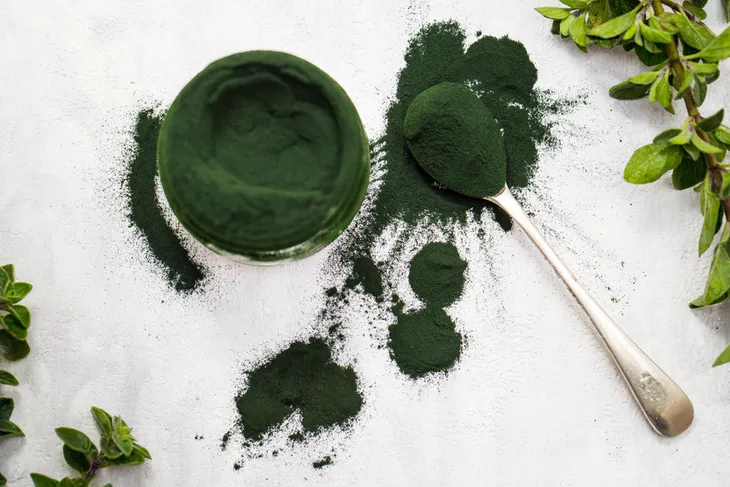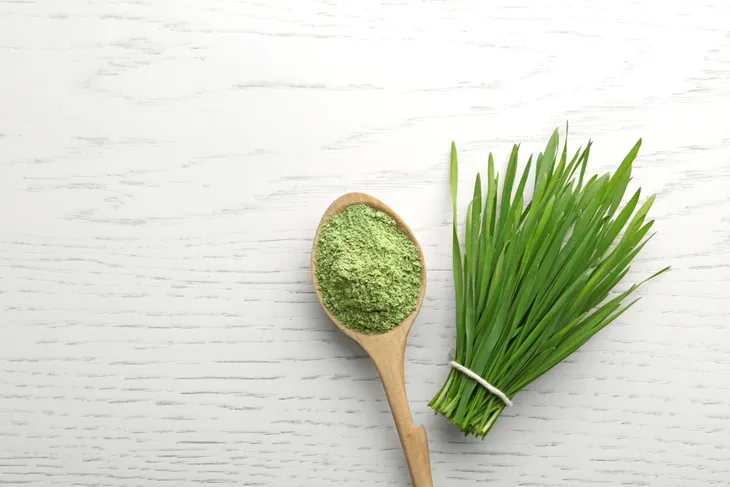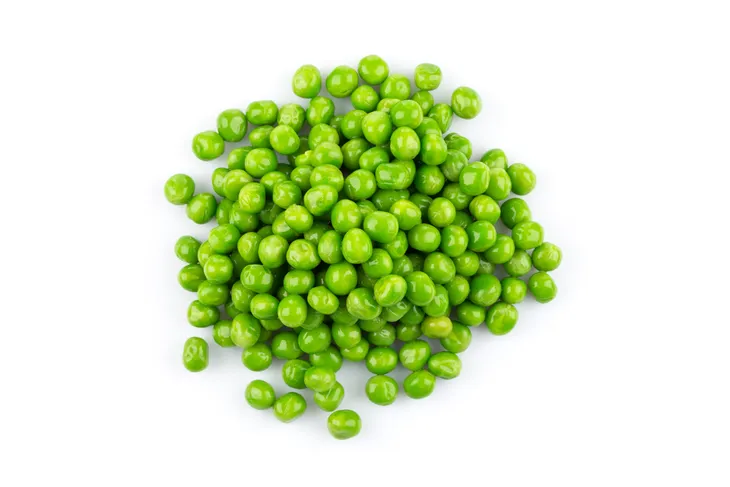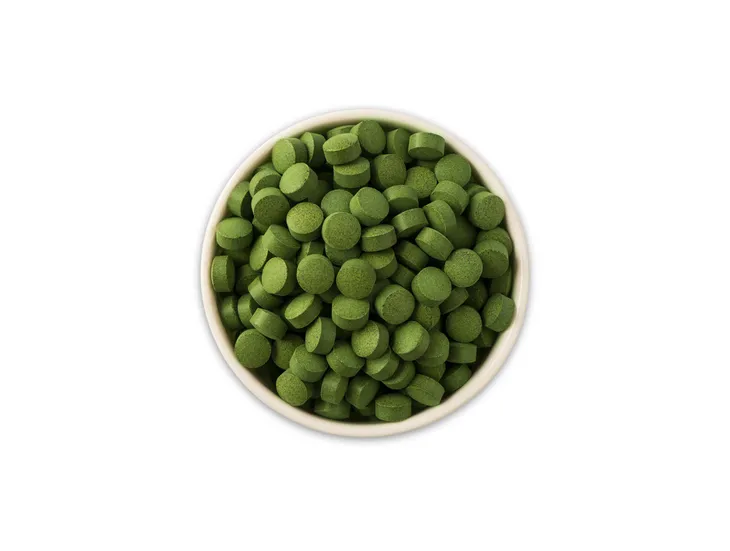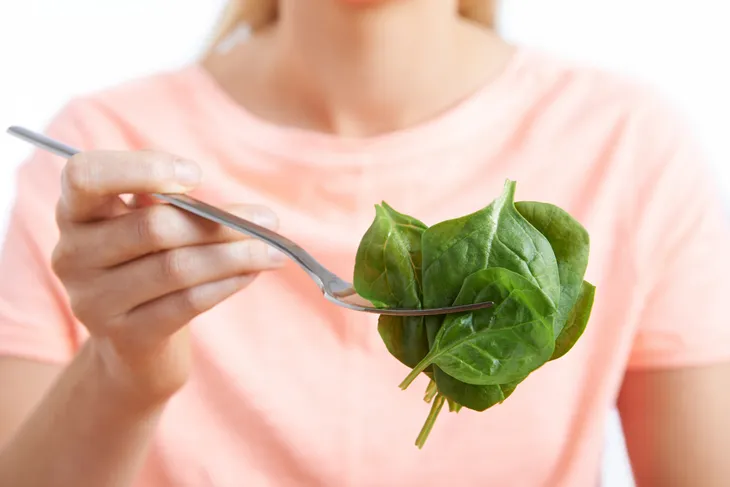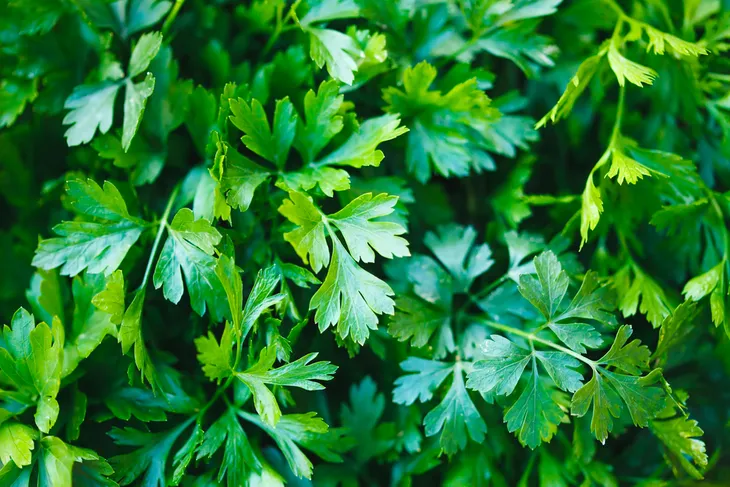The stereotypical gym diet has always consisted of a lot of meat, because meat contains lots of protein and protein (among other things) builds muscle. But what if you don’t like meat? Or you don’t eat it for ethical or environmental reasons? Does this mean you won’t be able to build muscle and get toned and fit? Absolutely not!
A meat-rich diet isn’t the only way to achieve muscle mass, there are so many other ways to get the necessary nutrients for building strong, healthy muscle and plenty of them are plant-based. If you’re looking for some real strengthening super foods, check out these 8 vegetables that are great for building muscle…
Beets and Beet Greens
We’ve known about the benefits of beets and beet greens for a long time now but what you may not know is that they’re high in dietary nitrates and antioxidants. These nutrients play a special role in helping during periods of low oxygen in the body -such as those experienced when doing high intensity exercise.
The dietary nitrates are converted into nitric oxide in the body which helps improve cardiovascular function which in turn, helps you to be able to train harder for longer. A sure fire way to build that strong, healthy muscle tissue. Some great ways to get beets and beet greens into your diet are to grate the beets and cut the greens into ribbons add them to your salads or add both of these to your smoothies for an extra healthy kick.
Microgreens and Sprouts
Did your mom ever tell you to eat your greens? Well she was right, especially when it comes to microgreens and sprouts. These powerful little shoots are full of anti-inflammatory phytonutrients and help our bodies to absorb amino acids from protein.
Several of these phytonutrients including glucoraphanin and sulforaphane, help with muscle recovery which means you can work out to the max with less of that after workout pain. This means you’ll be back in the gym sooner to build more strong, healthy muscle. Sprouts and microgreens are easy to get into your diet, simply add them to salads, wraps and sandwiches or blend them into your morning smoothie.
Spirulina
You’ve probably seen spirulina around lately, it’s that vibrant green powder that’s been popping up in health food stores everywhere. Spirulina is a type of blue-green algae that contains several amino acids crucial for metabolism. It’s also a high source of vitamin B6, together these amino acids help break down carbs, protein and fats and turn them into usable energy for the body.
This is important for building muscle because the faster your body can metabolize these fats, carbs and protein into energy, the more you can push yourself to train harder and build more muscle. To incorporate this sea vegetable into your diet, you can add spirulina powder to smoothies or look for the tablet supplements available in health food stores.
Barley and Wheat Grass
If you’ve never tried edible grasses, now is certainly the time to give them a go! These fibrous greens contain essential minerals like calcium, iron and magnesium as well as powerful carotenoids which are antioxidants that keep tissue cells healthy and strong.
These minerals help with muscle function as they increase the ability of our blood to carry oxygen to working muscles. This will help your mid-workout stamina and you’ll be able to keep training harder for longer. An essential function for building strong muscle tissue. To get the benefits of barley and wheat grass, try adding their juice, either fresh, frozen or powdered, to your morning smoothie.
Peas
You may have seen peas as a waste of space on your dinner plate when you were younger but if you’re attitude towards these little green spheres hasn’t changed yet, it surely will after reading this. Peas offer several amazing benefits for those of us looking to work out and build more muscle mass, first of all, they’re an amazing source of easily digestible plant protein.
They’re also an excellent source of branched-chain amino acids (also known as BCAA’s) plus glutamine, and many gym-goers swear that BCAA’s aid in post work-out muscle recovery, so with peas, not only are you getting essential protein for building muscle, you’re also helping your muscles heal faster. Other than eating peas straight up, you can consider using a pea protein powder supplement to add to your smoothies, or try adding split peas to soups, stews and chili.
Chlorella
If you’ve never heard of chlorella before, it’s a Japanese microalgae grown in freshwater ponds originally in Japan but it is now being grown in China, Taiwan and Korea as North American demand has grown. While chlorella is similar to the previously discussed Spirulina in that both are sea vegetables with a number of health benefits, chlorella has a unique attribute all its own.
It’s a compound called the chlorella growth factor (or CGF for short) and it contains vitamins, amino acids and nucleic acids which all aid in the regeneration of our cells. This is important for muscle growth and recovery after a tiring workout. Chlorella also contains all nine essential amino acids making it a complete protein. Like spirulina, you wouldn’t enjoy eating chlorella on it’s own, but the powdered form blends easily into shakes and smoothies where it’s easily disguised by other ingredients.
Spinach
Popeye has told us for years that eating spinach will make you big and strong, and although these cartoons were a pretty amusing exaggeration, they weren’t completely false! Spinach is rich in the amino acid arginine which stimulates the pituitary gland to produce human-growth hormone (also known as HGH).
If the term HGH is ringing a bell for you, that could be because growth hormones have long been a topic of great discussion and controversy amongst professional athletes who have taken them as a performance enhancing supplement. This is because HGH helps stimulate cell growth, cell reproduction and cell regeneration, all important aspects for muscle development. There can be several dangerous side effects to using HGH as a supplement, so we say let your body do it’s own work and get an all-natural boost with nutrient-rich spinach.
Parsley, Leeks, Chives
Herbs are great for adding extra flavor to your meals but some, like parsley, leeks and chives also have a great nutritional benefit. They’re a great source of lysine, an essential amino acid that helps with the growth and recovery of the connective tissues in our tendons and cartilage.
This means that lysine is highly beneficial for your joints and will help them recover quicker from heavy lifting sessions and other joint-strenuous activities. Getting more lysine in your diet is easy, simply start adding parsley, leeks and chives to your cooking more often. Thankfully these herbs are all very versatile and work well in a wide variety of dishes like soups, stews, salads, vegetable dishes and many more. You can even freeze finely chopped parsley or chives in an ice cube tray and pop out a cube to add to your cooking for a fresh boost of nutrient rich flavor.
